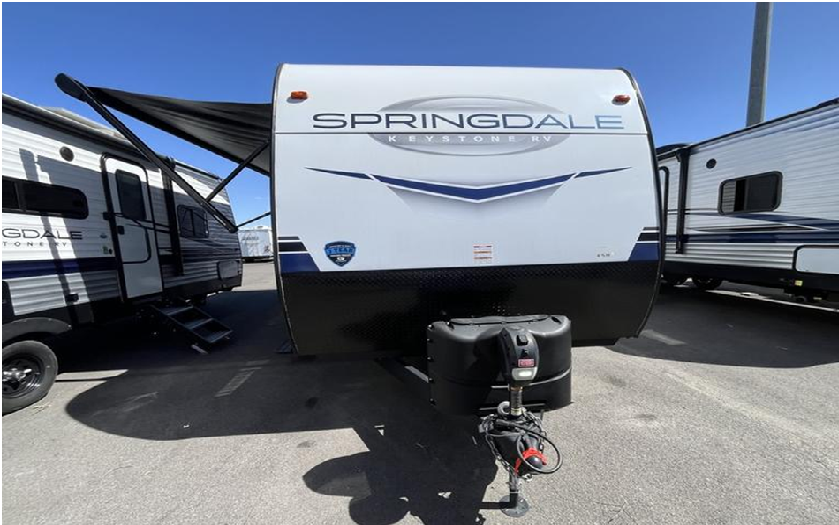Port and terminal operations require specialized commercial vehicles that handle cargo containers, bulk materials, and logistics coordination while operating in demanding marine environments that challenge vehicle systems through salt exposure, heavy loads, and intensive operating schedules. Container trucks, cargo handlers, and terminal support vehicles must operate reliably while maintaining the efficiency required for competitive port operations and global supply chain support. The lubrication requirements for port vehicles must address marine environmental challenges while supporting the reliability and efficiency demanded by modern cargo handling operations. Castrol commercial vehicle oils provide the specialized protection required for reliable port and terminal vehicle operations.
Container transport operations create demanding conditions for commercial vehicles through heavy payload transport, frequent loading cycles, and exposure to marine environments that can accelerate component corrosion and wear. Container trucks must operate reliably while handling maximum legal loads in environments with salt air and moisture that can affect vehicle systems. Corrosion protection becomes particularly important for maintaining vehicle reliability in marine terminal environments.
Terminal yard operations require vehicles that can maneuver efficiently in confined spaces while handling cargo containers and materials that create challenging operating conditions. Yard tractors, reach stackers, and container handlers must operate with precision while maintaining reliability throughout intensive cargo handling operations. Hydraulic systems controlling container positioning and material handling require consistent operation despite challenging terminal operating conditions.
Marine environment exposure affects port vehicles through salt air, humidity, and potential contact with seawater that can accelerate corrosion and component degradation. Vehicles operating in port environments require enhanced corrosion protection while maintaining performance despite challenging environmental conditions. Specialized lubricants with superior corrosion inhibitor packages help protect vehicle systems while extending component life in marine environments.
Loading and unloading operations create intensive duty cycles for port vehicles through frequent stops, hydraulic cycling, and varying load conditions that stress vehicle systems. These operations often occur around the clock to accommodate shipping schedules while maintaining port efficiency. Lubricants must provide consistent protection throughout intensive duty cycles while maintaining reliability during extended operating periods.
Cargo security and handling requirements for port operations emphasize reliable vehicle systems that maintain precise control while protecting valuable international cargo. Container positioning accuracy, load securement reliability, and transport security all depend on reliable vehicle systems that maintain performance throughout demanding cargo handling operations. Mechanical system reliability affects both cargo security and port operational efficiency.
Environmental compliance requirements for port operations include air quality standards and environmental protection measures that influence vehicle selection and maintenance practices. Many ports implement environmental management programs that emphasize emission reduction and environmental stewardship. Advanced lubricants support environmental objectives while maintaining the vehicle performance required for efficient port operations.
Technology integration in port operations includes cargo tracking systems, terminal management software, and logistics coordination tools that depend on reliable vehicle operation for accurate data collection and operational efficiency. These systems help optimize cargo flow while providing visibility into terminal operations and vehicle performance throughout demanding port activities.
Schedule reliability becomes critical for port operations due to shipping schedules and international logistics coordination that require precise timing for cargo handling and transport operations. Vehicle breakdowns can affect shipping schedules while creating delays that cascade through global supply chains. Reliable vehicle operation helps maintain port efficiency while supporting international trade operations.
Safety considerations in port environments emphasize reliable vehicle systems for protecting workers and cargo while operating around heavy machinery and international cargo operations. Port safety regulations often specify enhanced maintenance requirements and operational standards that influence vehicle maintenance practices and lubricant selection for port vehicle fleets.
Maintenance coordination for port vehicles must accommodate 24-hour terminal operations while ensuring vehicle availability for critical cargo handling operations. Predictive maintenance approaches help optimize service timing while maintaining vehicle reliability throughout demanding port operating schedules that support international shipping and logistics operations.
As port operations continue evolving toward greater automation and efficiency, lubrication technology will play an increasingly important role in supporting reliable vehicle operations that maintain cargo handling capability while supporting international trade and global supply chain efficiency throughout demanding port and terminal applications.
For more information on port operations, visit the British Ports Association or explore resources from the International Association of Ports and Harbors.





